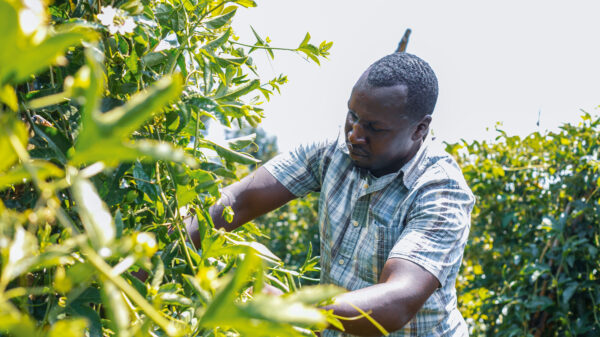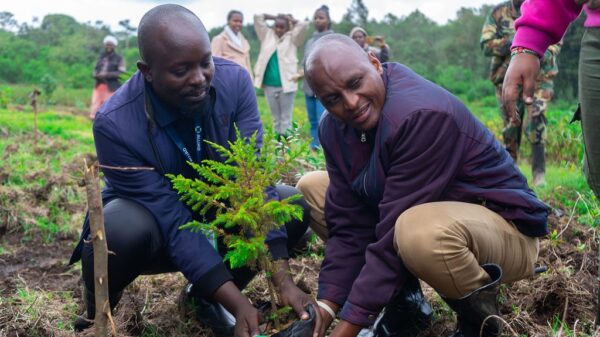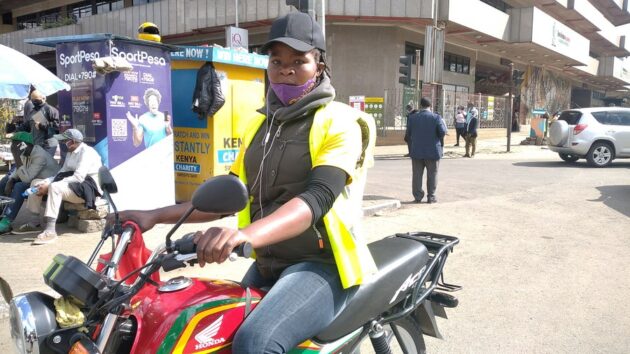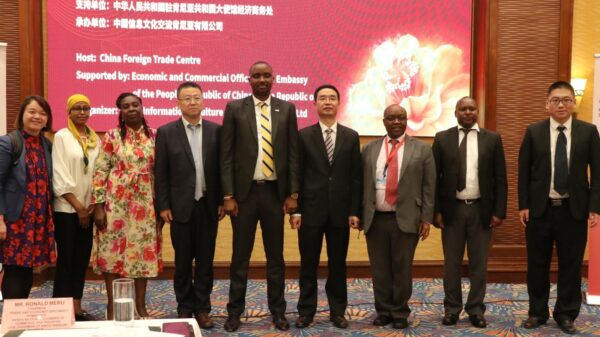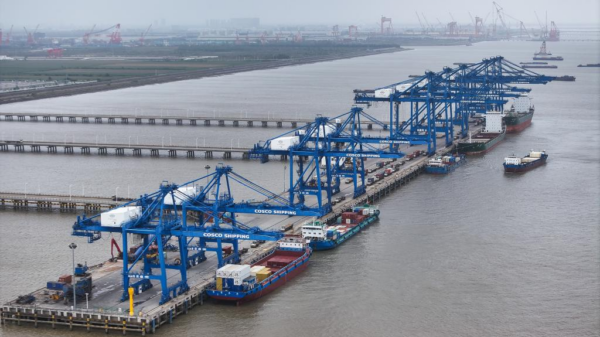NAIROBI, Kenya, May 30 – Businesses owned by women are more open to intra-African trade than male ones, a new survey shows, highlighting the need for market diversification.
The research focused on trade-led industrialization featuring auto, personal care products, clothing, and textile value chains, which offers women and youth support for inclusive value chain industrialization.
These findings are important as state parties are beginning to implement the African Continental Free Trade Area (AfCFTA) agreement.
AfCFTA is an ambitious initiative to create a single continental market for goods and services, supported by the free movement of people and capital.
They will also be useful for the AfCFTA Secretariat and other organizations, such as Afreximbank and UNECA, as they implement value chain support programmes.
Trade Law Center (TRALAC) Executive Director Trudi Hartzenberg highlighted progress made by AfCFTA towards supporting women entrepreneurs to take up new trade and value chain opportunities under the Protocol on Women and Youth in Trade to address the systemic challenges faced by women and youth traders.
“From the research findings, we have noted that substantially, women-owned businesses are more likely to focus on intra-Africa trade than the male-owned enterprises,” said Trade Law Center (TRALAC) Executive Director Trudi Hartzenberg.
With support from the International Development Research Centre (IDRC), Tralac carried out a gendered analysis of value chains in the AFCFTA, drawing on existing data on trade and value chains.
The research survey was conducted with over 500 small, medium, and micro enterprises covering 21 countries in East, West, and Southern Africa.
It further complemented existing World Bank and other enterprise surveys with a focus on non-tariff barriers, transport costs, and the business environment.
The AfCFTA Protocol on Women and Youth, which was negotiated in 2023 and adopted for implementation by the AU Assembly, provides an opportunity to address some of the systemic challenges women entrepreneurs face on the continent.


